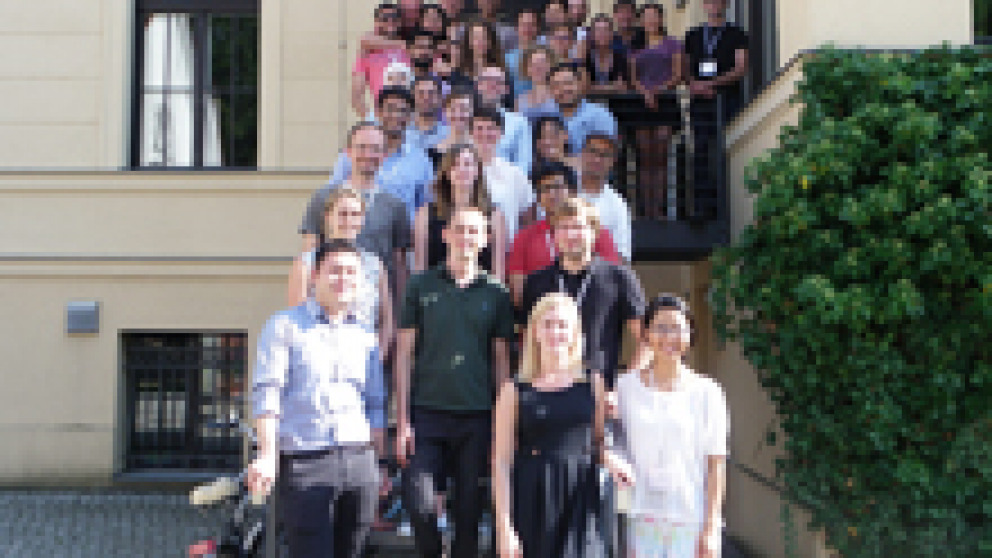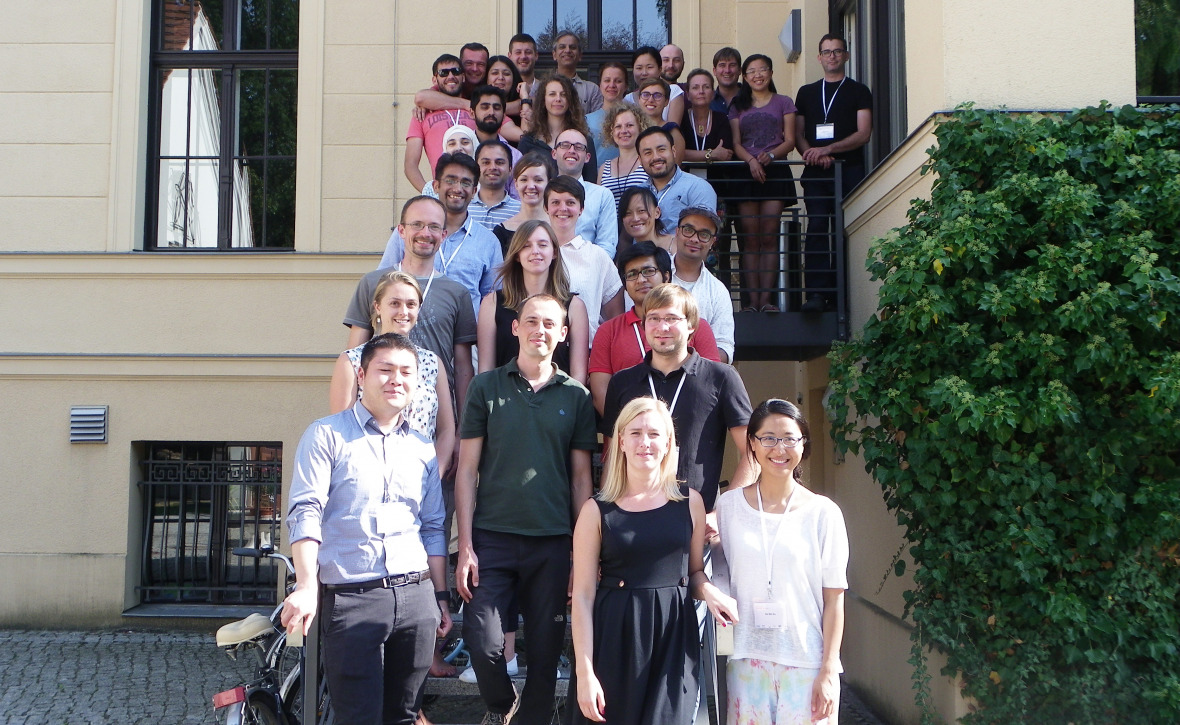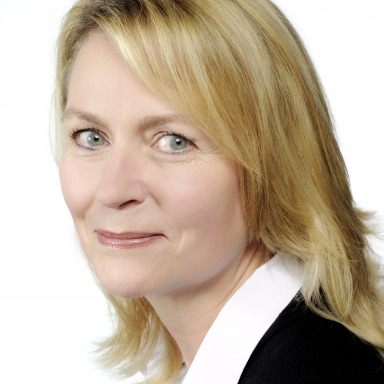Headline:
Dealing with Climate Change Impacts: Potsdam Summer School Inspires Young Talents

Even if ambitious reductions in greenhouse gas emissions are achieved, the impacts of climate change will be felt in this century. How societies can deal with the impacts of climate change was the focus of the Potsdam Summer School, held from 5–14 September.
The Summer School brought 37 early career scientists and professionals from 26 countries together with leading scientists and experts to discuss climate change and its consequences across a range of areas, including food security and migration. Hans-Joachim Schellnhuber, the director of the Potsdam Institute for Climate Impact Research, emphasised that the Paris Agreement has not in itself solved the problem of climate change. Achieving the ambitious goal of limiting global temperature rise to 2° C above pre-industrial levels will require a “great transformation of society”. Important strategies could include the establishment of national transformation funds to support the shift to a climate-friendly economy and the removal of investment assets from companies involved in the fossil fuel industry, also known as divestment.

But these measures alone are not enough, argued Sabrina Schultz from the Thinktank Third Generation Environmentalism (E3G), who suggested that a change of mindset is required. Long-standing hierarchies and the guiding principles of our time, such as the paradigm of economic growth, all serve to maintain the status quo. The participants at the Summer School also discussed the challenge of developing narratives for a future underpinned by a completely different internal logic. Other lectures explored various aspects of climate change, ranging from the analysis of tree rings to atmospheric CO2 levels and legal issues. The lectures were interspersed with a variety of interactive formats. In one of these, consultant Harald Spahn invited the participants to develop mitigation strategies for small island nations in the Pacific Ocean and for South America as an experiment.
IASS Director Patrizia Nanz brings participants and local school pupils together
Patrizia Nanz, scientific director at the IASS, led a workshop for Summer School participants and local school pupils that addressed the question: “How can we deal with the impacts of climate change?”. Eschewing the PowerPoint presentations common to science workshops, two of the participants had prepared stories to tell the children.
Australian Chris Hedemann, a doctoral researcher at the Max Planck Institute for Meteorology in Hamburg, read a version of “Tiddalik the Frog”, a story from Aboriginal mythology. “I wanted to impart the indigenous concept of ‘caring for country’. The story played on the themes of injustice and collective action. I was delighted by the creative and unexpected responses, which recognised the fresh perspectives that ancient stories can bring to the challenge of addressing climate change,” explained Hedemann.
Adapting to climate change: a hot topic for Potsdam?
Following this, the workshop participants discussed the various impact of climate change on the city of Potsdam, ranging from warmer winters to solar-powered trams. The five organisations behind the Potsdam Summer School – Potsdam Institute for Climate Impact Research (PIK), Helmholtz Centre Potsdam – GFZ German Research Centre for Geosciences, Alfred Wegener Institute – Helmholtz Centre for Polar and Marine Research (AWI), University of Potsdam and the IASS – will continue to work with the pupils over the coming two years in an outreach programme that will include workshops, lectures, and visits to the science institutes.
The Summer School attendees left Potsdam with a wealth of new insights and contacts. “Learning together with an international group of people from diverse disciplines was a great experience”, said Drew Bush, a doctoral researcher at McGill University in Montreal. The Summer School provided valuable insights for his research on climate change education that will improve his ability to explain to pupils how knowledge relating to climate change is generated.

